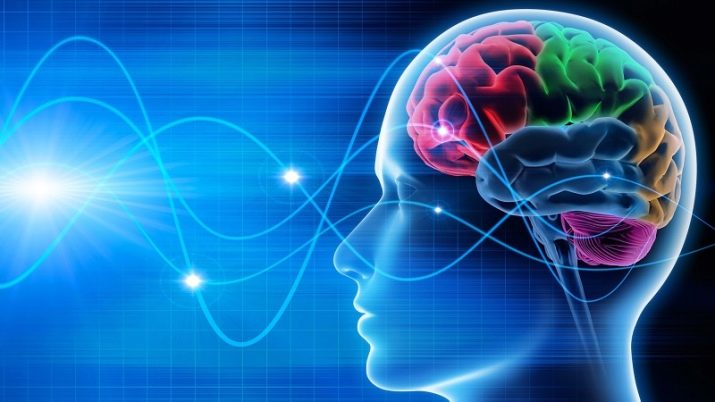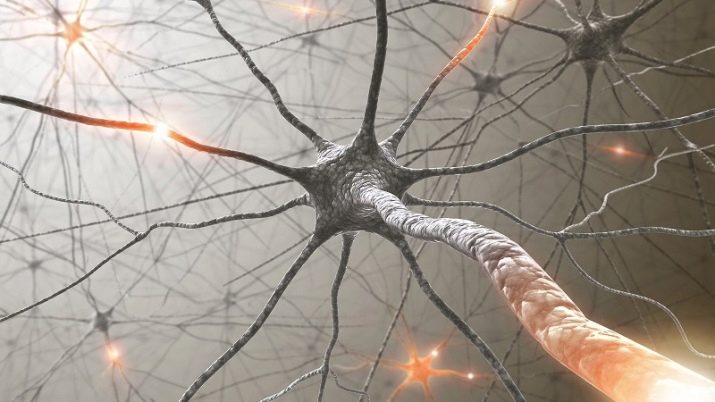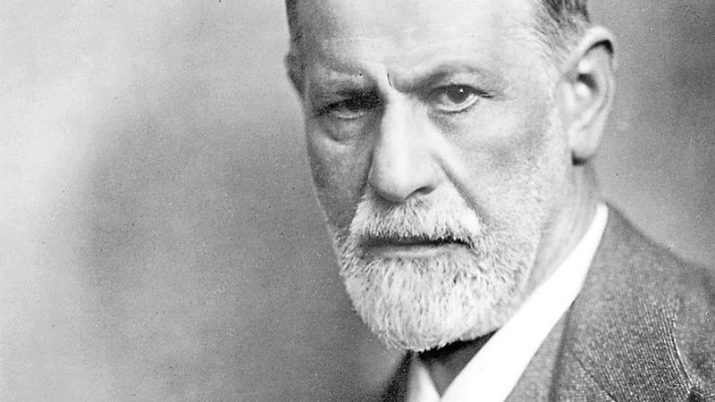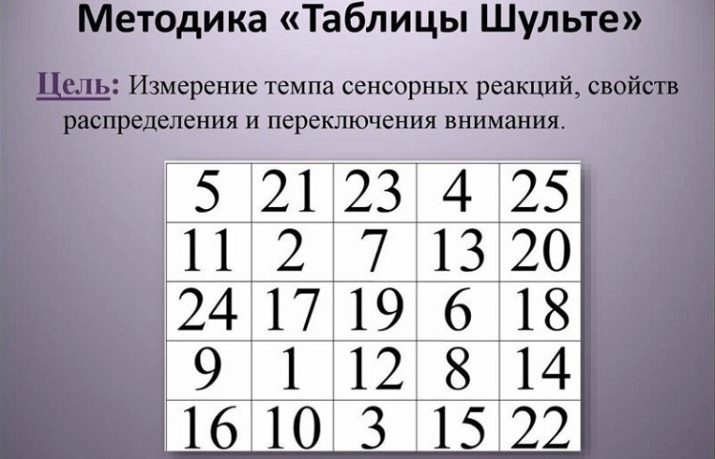Human memory is so multifaceted that it is difficult to talk about it in a nutshell. Intelligence in humans differs from other inhabitants of the Earth in that it is endowed with very powerful properties. First of all, they are provided with memory. Without it, we cannot learn and think logically. There is an arbitrary and involuntary memory. The latter must be told separately.
Characteristic
When there is no adjustment to a specific program, then such a process is called involuntary memory. Just memorization in the human brain occurs in an involuntary way, that is, the individual does not make efforts to memorize.
That is why a person cannot remember absolutely all the little things that occur in his way. The subject remembers and forgets certain information selectively.

Arbitrary and involuntary memory are revealed by the nature of the participation of the will of the individual in the process of memorization. They differ. Spontaneous memory is a process that occurs “on its own”, namely, the individual does not set a goal to remember information and does not take an active part in this stage. Sometimes, in order to turn on involuntary memory, you need to turn on emotions. If we are talking about arbitrary memory, then the basis for separation is a conscious process, which involves the application of efforts to memorize. In psychology, it is generally accepted that a person’s memory moves forward thanks to the improvement of memorization tools. Trained intelligence is the mastery of ways of remembering.
As a result of numerous studies, a whole structured series of memory development. For example, such areas as the age of the person, his dependence on activity, his degree of mastery of the methods of memorization, the quality of the material to be memorized, motivation, etc., were determined. And if memory is developed, then involuntary memorization cannot be considered weaker, in contrast to arbitrary. The first in most cases even surpasses the second.
Through research, it was also found that the material to which the individual attached maximum attention and consciousness is remembered better.

How it works?
Involuntary memory is the result of an action and a simultaneous condition for taking practical action. We don’t even suspect what process is going on in our minds when we talk about an event like this: "it was remembered by itself." Nevertheless, this process has a strict regularity.
Studies have shown that the productivity of involuntary memorization depends on the content of the main goal of the activity. Material for assimilation can occupy different places in the activity, so it also has different meanings. As a result, he is endowed with a different orientation. It requires activity when you need to achieve a result. So, if there is an active mental work, then the material is remembered well.
However, the material may also be deleted from memory. Such a process is provoked by the impossibility of updating information. It is also associated with motivation, which contributes to its removal. Usually inappropriate information is removed from memory. For example, if you were hurt, then your psyche will turn on protection so as not to be injured even more from the damage done. This will displace negative memories.
But this does not mean that it will be completely lost. It's just that with such a loss, unconscious processes act. In order for knowledge to reappear in memory, an individual needs to understand incomprehensible motives. They stimulate the removal of unpleasant moments.

Freud argued that travelers who had traveled on the same cruise would tell about the journey done in completely different ways. And all this will happen because each person’s sensations and perceptions are their own, and the motives for remembering are also individual.
And all this is due to the fact that the content of our memory interacts strongly with perception. For example, events that have occurred can be unpleasant, terrible moments can be combined with them. And, nevertheless, it is not the negative side that can be forgotten, but the one that is associated with the negative.
The famous psychologist Z. Freud found a concrete example of this. He tells in his writings about how he promised to buy a box as a gift to his close friend. The store in which the little thing was sold stood next to the house where his enemy lived. So, Freud forgot the place where the store is located. And this is the most colorful example of how associative influences forgetting troubles.
A person who intends to perform an action and realizes that he is obliged to realize the intended action will strive for this, despite the passage of some time. However, this same individual may change his mind about doing something. This will happen as a result of awareness of future actions, and then the question will arise: "Is it necessary to do this?" After which the desire will begin to fade from memory. And this will happen when the feelings of duty and internal denial of the forthcoming activity collide.

Functions
If we talk about memory in general, then we can say that this is a cognitive process, which includes remembering, forgetting and even dreams. Sometimes we observe the facts of involuntary memorization when the movement associated with something abruptly breaks. For example, the light suddenly turns off or all data on the computer is closed. However, we involuntarily remember information that was read or written just before the shutdown.When the gadget turns on again, we can determine at which exact place the process was interrupted.
The needs of any individual subsequently cause certain actions. If desires remain, then the activity will be completed. When this happens, the individual no longer strives for any action. The situation is discharging. For example, a person wanted to drink a glass of water. This desire encourages him to go into the kitchen and fulfill his plan. Suddenly, a bell rings and a person is forced to interrupt his actions for a short while. After talking on the phone, he will go into the kitchen, pour water into a glass and drink.
In this process, involuntary memory will be directly involved. Despite a sudden call, the tendency to take action was maintained. So, and the action, until it is completed, will remain in the memory of the individual. So, we can say that need-based stress affects a person’s memory. The content of involuntary memory and its functions are associated with the activity and reflect it in full. Therefore, erroneous actions are excluded here. Thanks to the above functions of involuntary memorization, a person can not only start a business, but also finish it. So, involuntary memorization occurs without any effort, "on the machine."
This type determines the strong and unusual signals of the external and internal environment that cause a person certain feelings or interest.

Development methods
Involuntary memory must be developed by everyone without exception. This will greatly help in life, so follow these recommendations. They serve as an example of the development of memory, and also help to expand intelligence.
- You need to memorize. This is the most important technique.
- A derivative of memorization is retelling.
- Transfer of experience or extrapolation. Here, the findings extend from one part to another, as well as patterns in the subject being studied. When a person learns to transfer experience, he learns to build analytical chains.
- Associations evoke feelings, and the material is better remembered.
Still need to apply the following factors, which will also improve memory.
- Develop self-confidence. When you experience this feeling, you have a harmonious psychological state and physiological well-being. Brain cells begin to work with a vengeance.
- The pursuit of positive emotions activates passive brain cells.
- All-consuming interest provides an opportunity for quick memorization.
- Noise elimination promotes concentration.
- Learn to transform material. When the material for memorization looks monotonous, the brain begins to put obstacles to its perception. And if you make it not boring, but interesting, then things will go differently. To get things done, write a short story. So easy to digest any information.
- Set a goal - be sure to learn information. If you repeat the same thing many times, you still can’t remember anything unless you set a goal.

In conclusion, it is necessary to give an example of the most appropriate method of involuntary memorization. Know that under the influence of strong emotions, a very strong process of involuntary memorization is activated.
Therefore, we use this factor and select sources of knowledge that can shock us. So in the head will be deposited most of the information. For example, if you want to learn historical data, then find the most interesting moments that will describe events that happened in all the “colors” in the past.
You can also use memory to develop Schulte tables. A classic table looks like a square consisting of 5 rows and 5 columns. In the cells, numbers from 1 to 25 are arranged in random order. First you need to master 5x5 matrices, and then move on to more complex tasks.For this there is a large 9x9 table.












